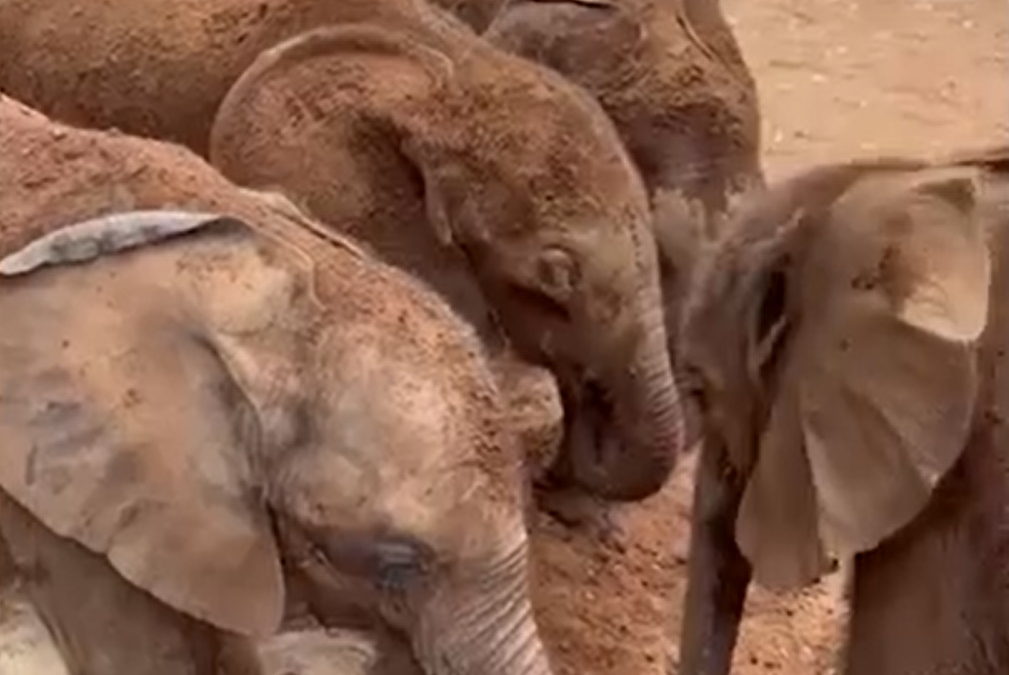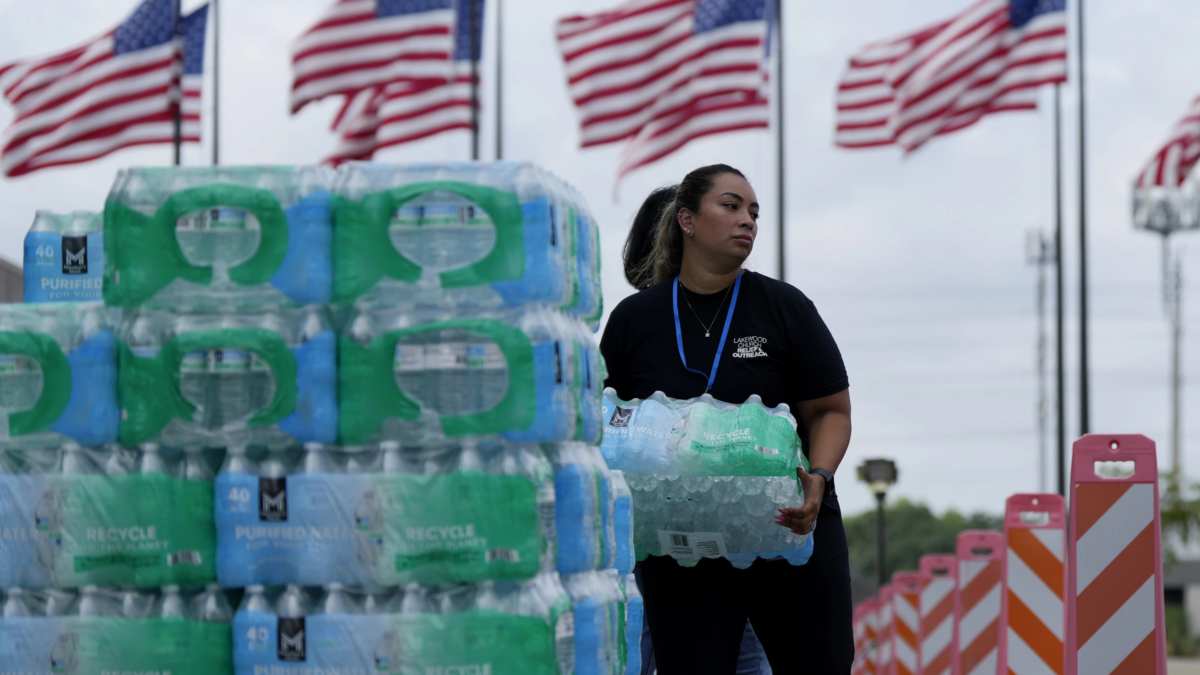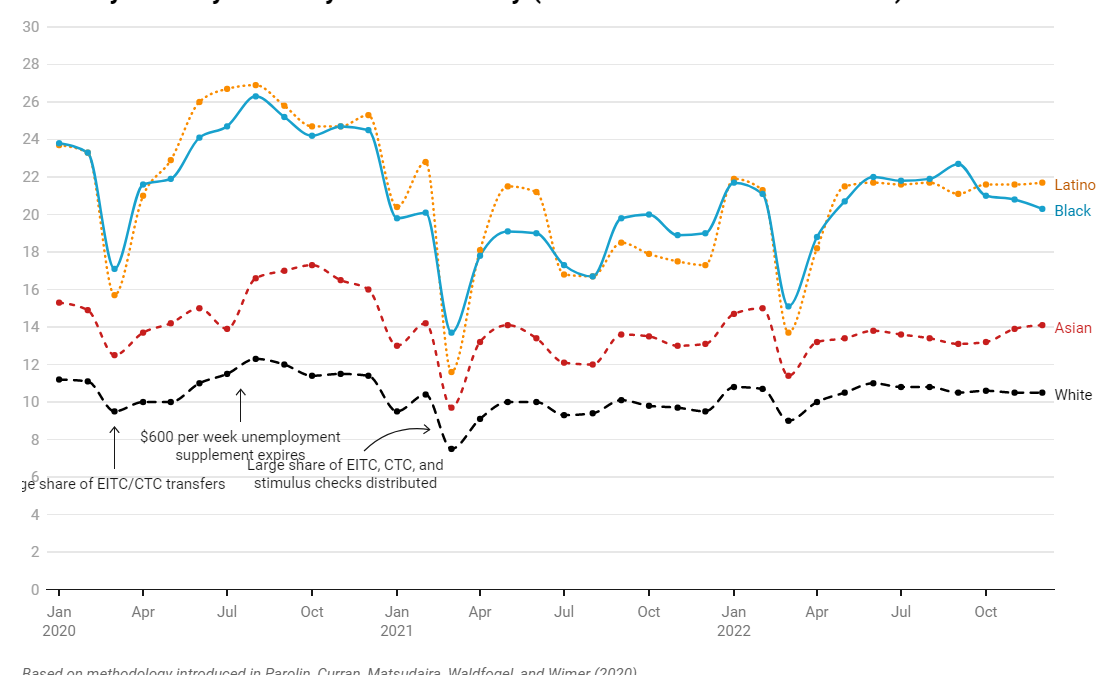UN backs landmark Pacific-led resolution clearing way for International Court of Justice advisory opinion on climate obligations

By Prianka Srinivasan, Fred Hooper and Melissa Maykin
29 March 2023
(ABC) – The United Nations has adopted a landmark resolution asking the International Court of Justice (ICJ) to deliver an opinion on climate change and the legal consequences countries face for harming the environment.
It is the culmination of a four-year push led by Vanuatu and other Pacific nations to get climate change in front of the highest international court.
Vanuatu Prime Minister Ishmael Kalsakau described the decision as a “massive win for countries feeling the effects of natural disaster, after natural disaster.”
“There can be some resolution upon how we respond to the effects that we’re facing as smaller countries, and the court can clarify what the obligations and duties are with countries that are involved with some of these disasters,” he said.
The bid eventually won the support of 120 co-sponsors, including Australia and the celebrity endorsement of Jane Fonda.
Through the resolution, world leaders asked the ICJ to form an advisory opinion clarifying international legal consensus on climate change’s impacts on human rights and the rights of future generations.
The opinion will be non-binding, but experts say it could influence the outcome of climate change court cases around the world. […]
What does it call for?
The resolution, drafted by 18 countries, has asked the ICJ to rule on:
- What obligations do states, under international law, have to ensure the protection of the climate system and other parts of the environment from anthropogenic emissions of greenhouse gases for States and for present and future generations
- What legal consequences there are under these obligations for states where they, by their acts and omissions, have caused significant harm to the climate system and other parts of the environment, with respect to:
- (a) States, including, in particular, small island developing states, which due to their geographical circumstances and level of development, are injured or specially affected by or are particularly vulnerable to the adverse effects of climate change
- (b) Peoples and individuals of the present and future generations affected by the adverse effects of climate change […]
Why did Vanuatu lead the push?
Vanuatu, home to about 300,000 people across roughly 80 islands, has been labelled the most at-risk country in the world for natural disasters.
In late February, Vanuatu was hit by two cyclones just days apart, shining a light on its vulnerability to climate change.
But this push was an initiative by University of the South Pacific law students in 2019 who worked to get climate justice on the UN’s agenda.
Vanuatu’s Climate Change Minister Ralph Regenvanu, who then began raising their plight to world leaders, said the country had always led on issues of climate justice.
“We were a founding member of the association of small island states and the first chairman of that group, which is now one of the main climate lobbies at COP,” he said.
“We were the country to first raise loss and damage in the United Nations Framework Convention on Climate Change in 1981.
With Vanuatu’s cyclone season ending in May, Mr Regenvanu said the biggest concern was being unable to keep people safe amid flooding, saltwater inundation and sea level rise.
“It’s happening right now, and people are not safe right now,” he said.
He said relocating entire populations from flood-prone areas and building new infrastructure was a “huge challenge” for the cash-strapped developing nation.
“We only graduated from least developed country status less than two years ago,” he said.
“We are a very poor developing country; we don’t have the necessary money we need to build resilient infrastructure like new roads to withstand the impacts of climate change, which require 10 times the investment you need for a normal road.
“That’s why we’ve been fighting for this issue of loss and damage for a long time because we really desperately need the money, and it’s a problem we didn’t cause.” [more]


